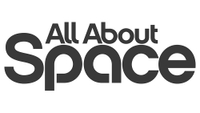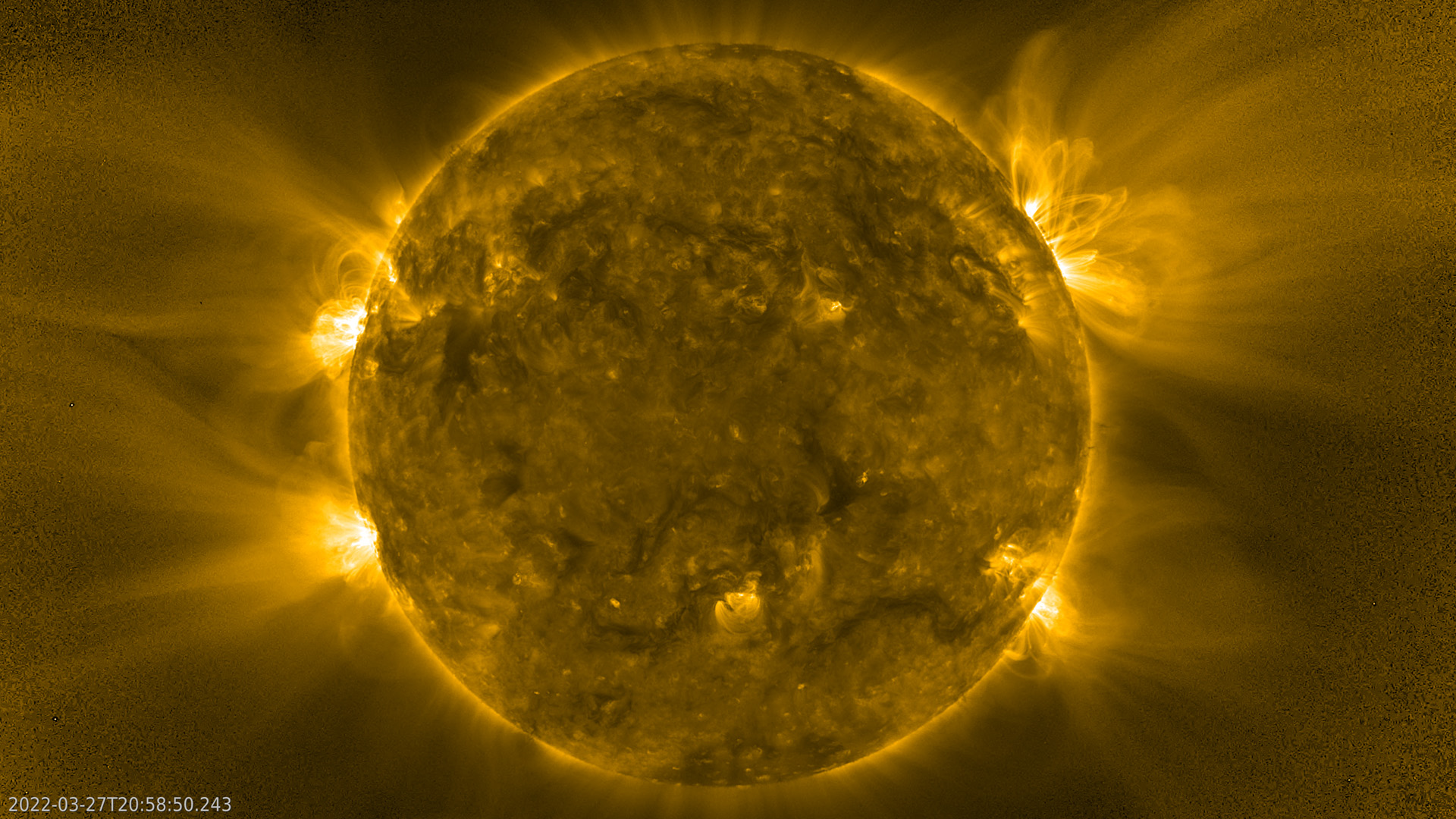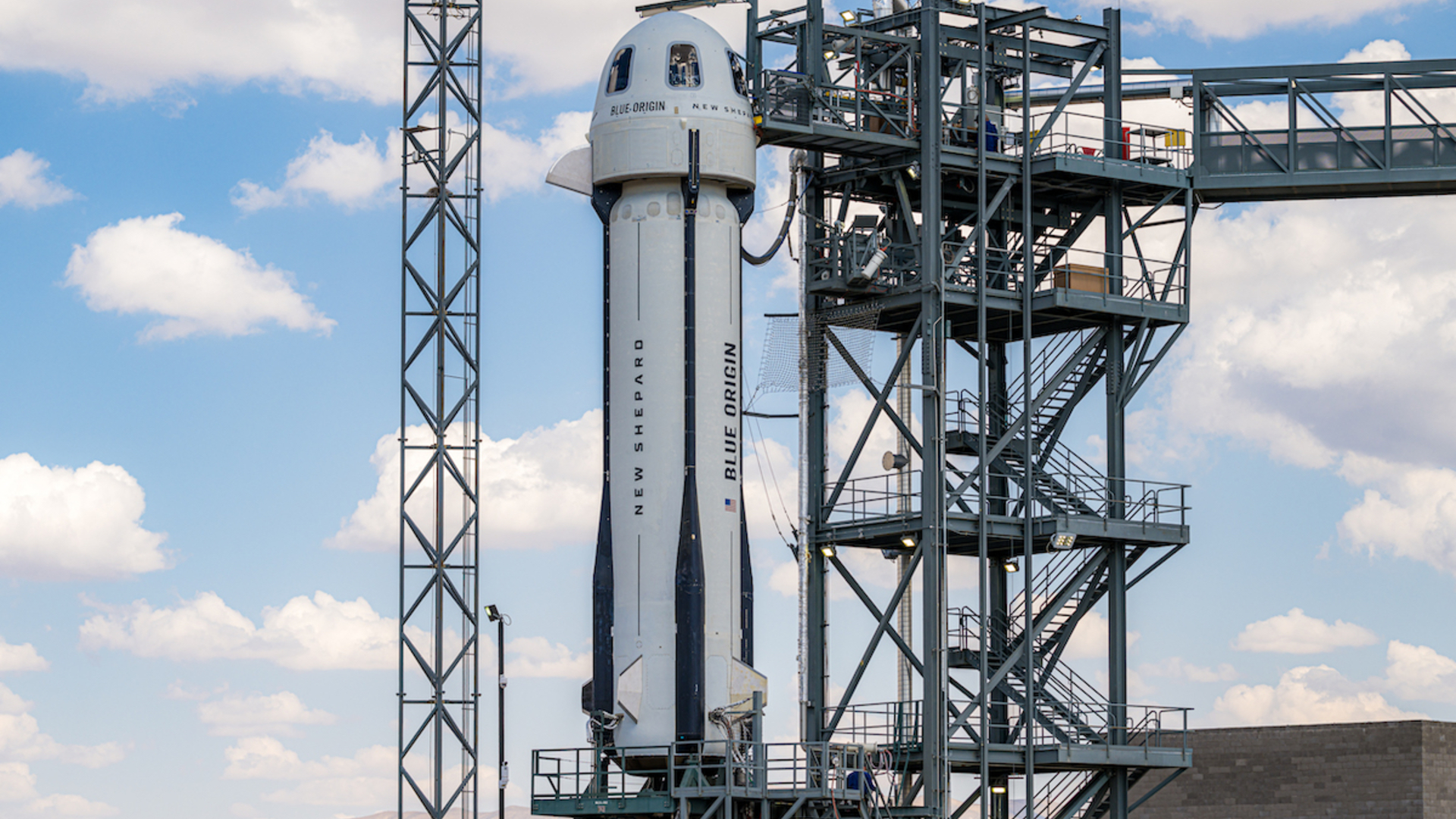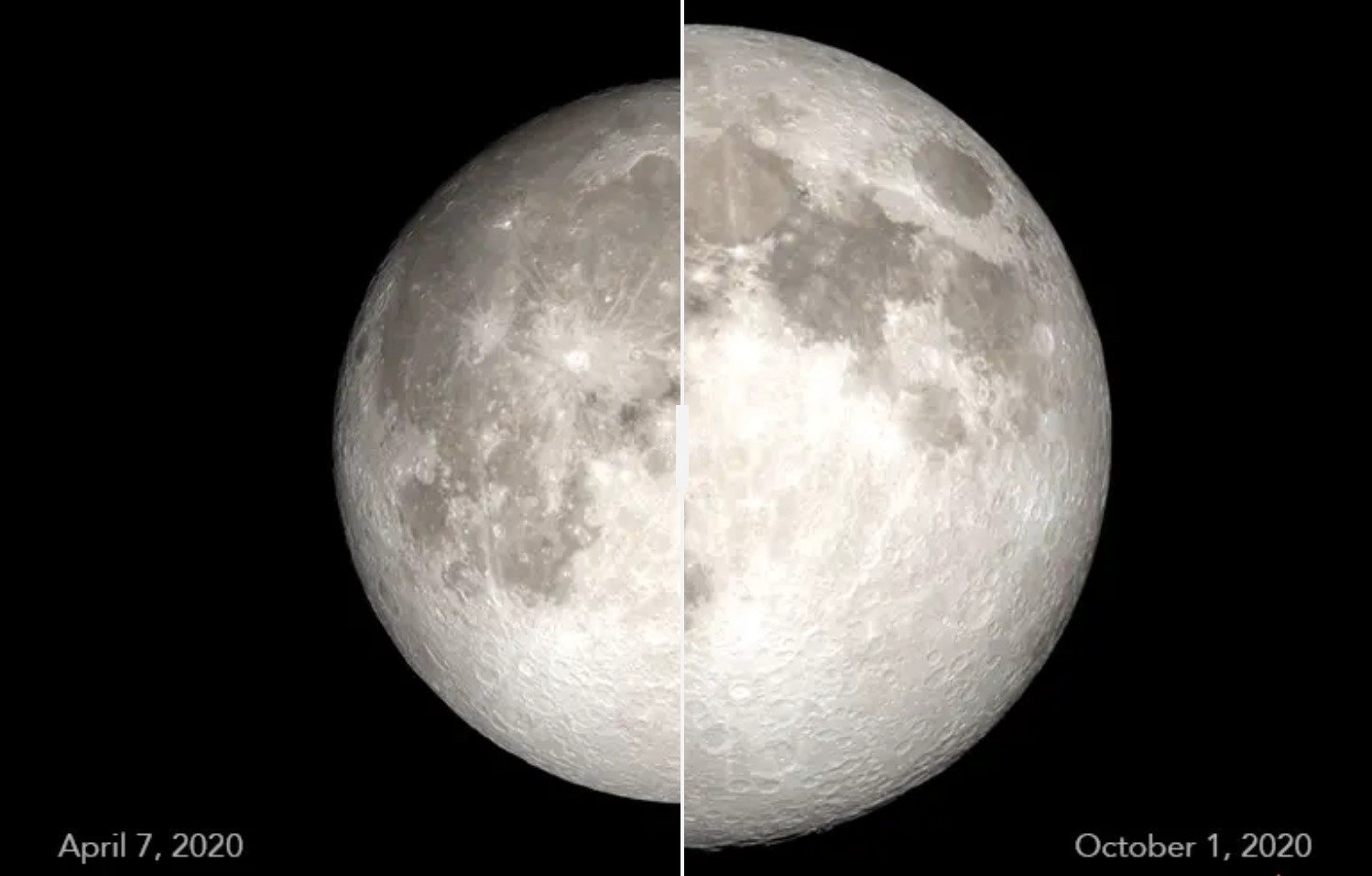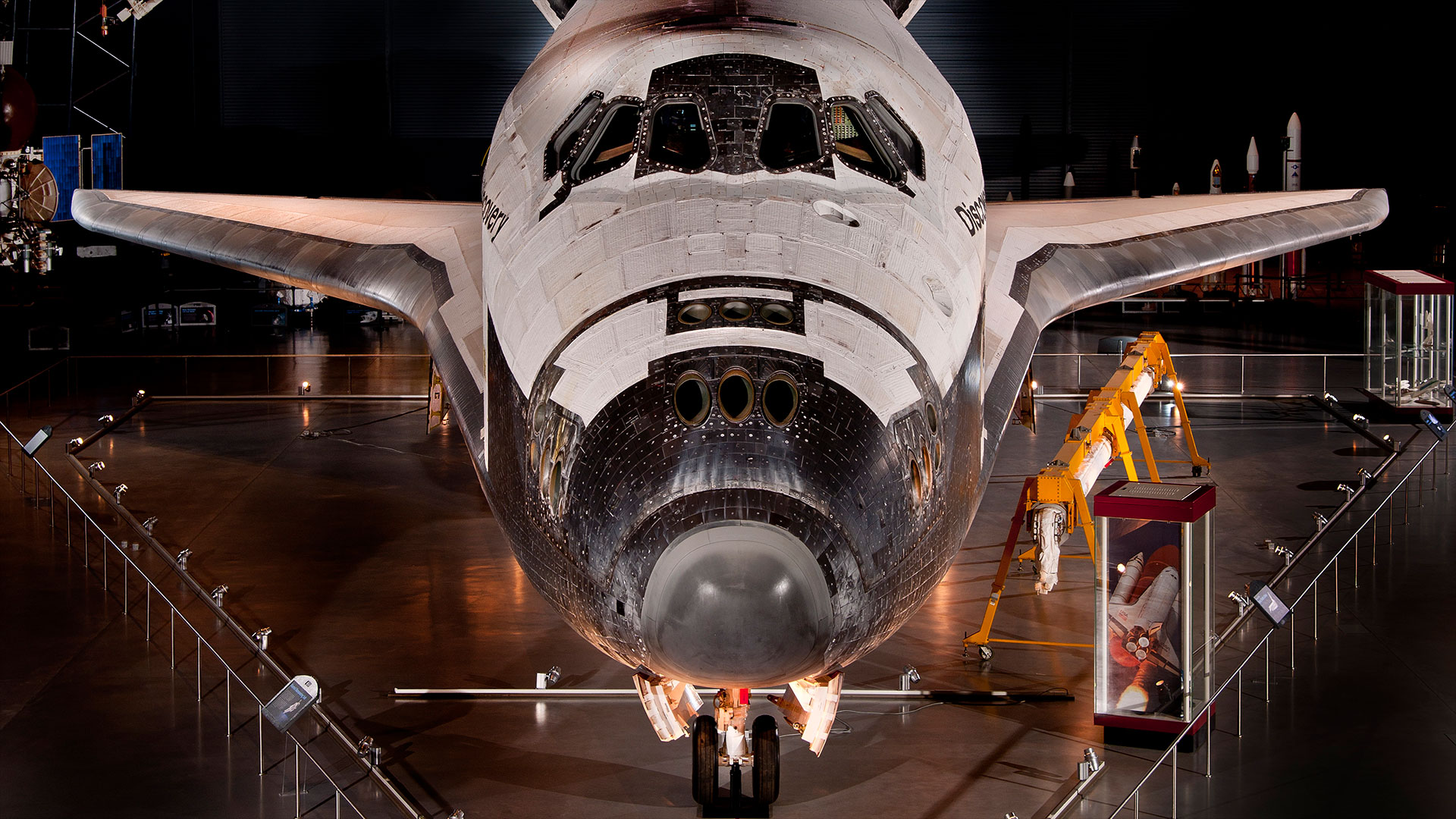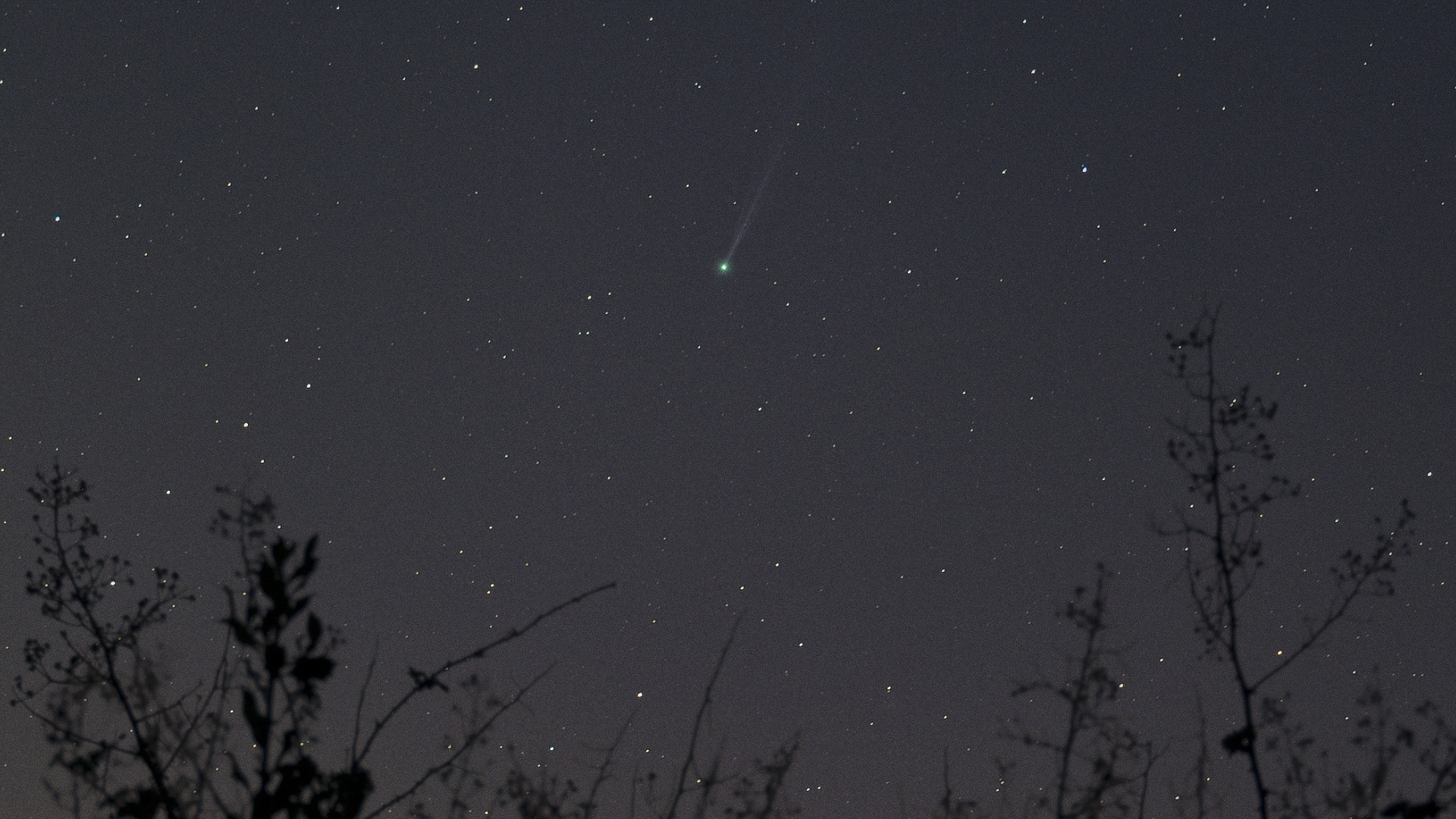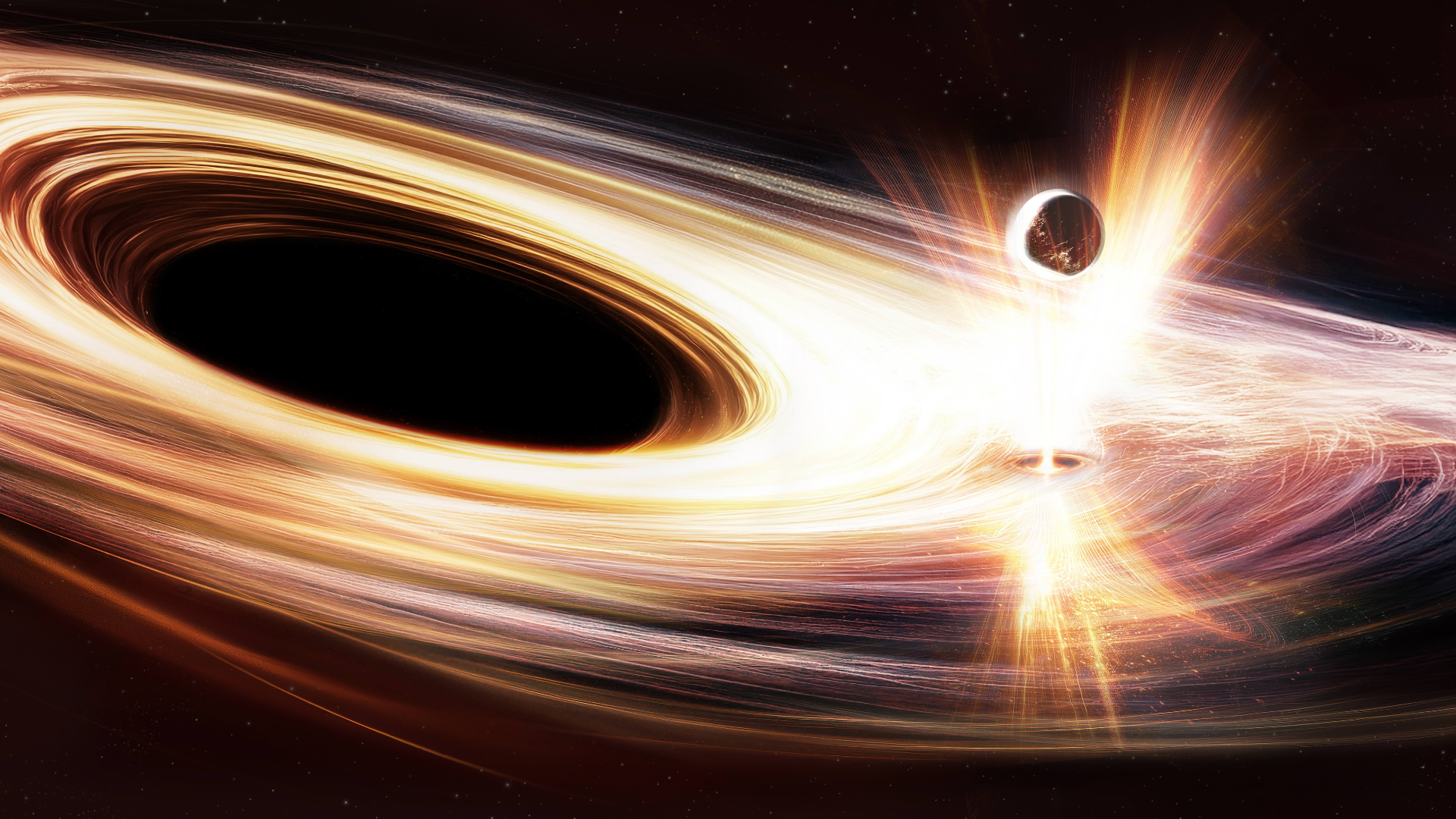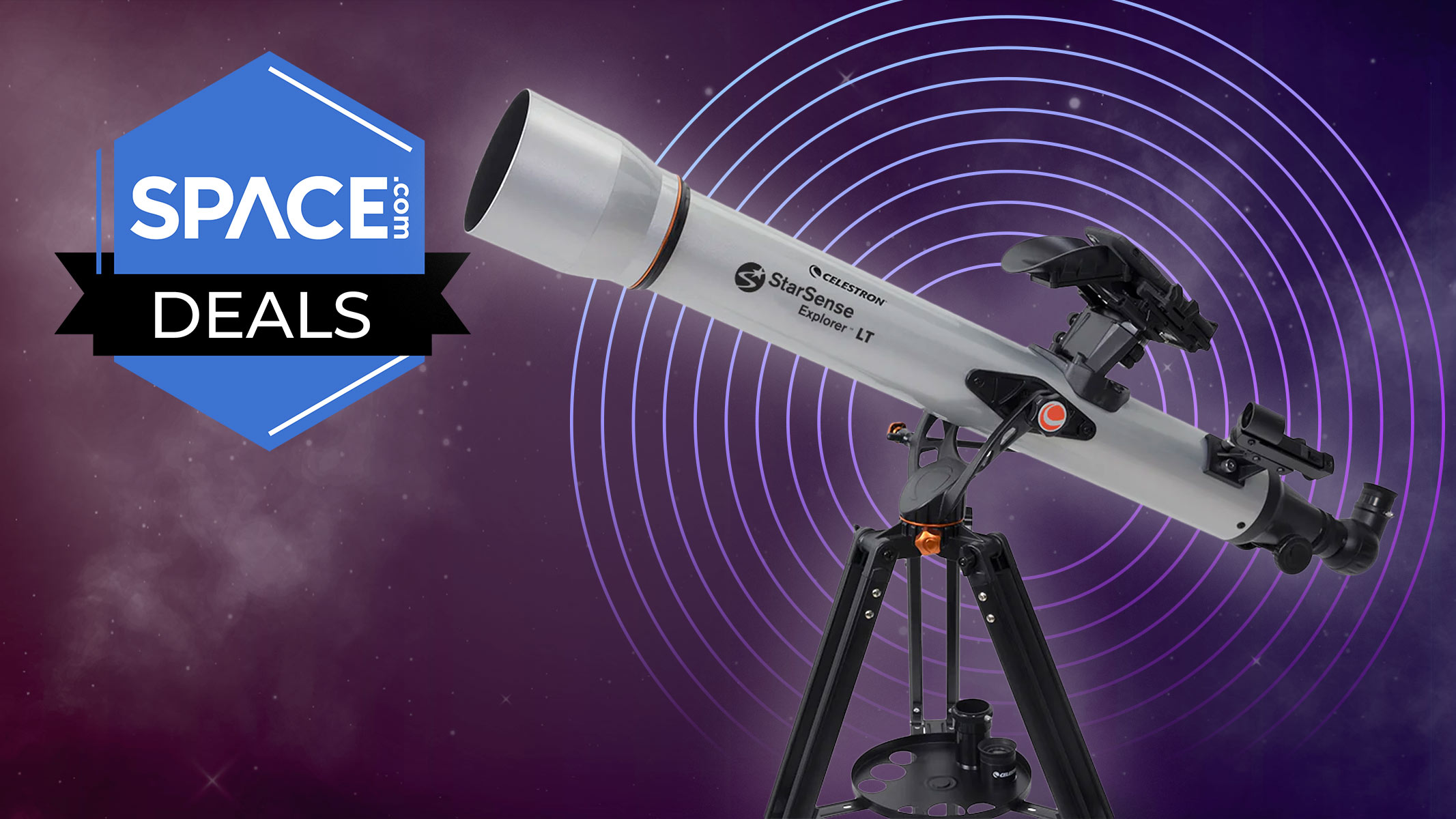Want to go to the moon? NASA is now taking new astronaut applications
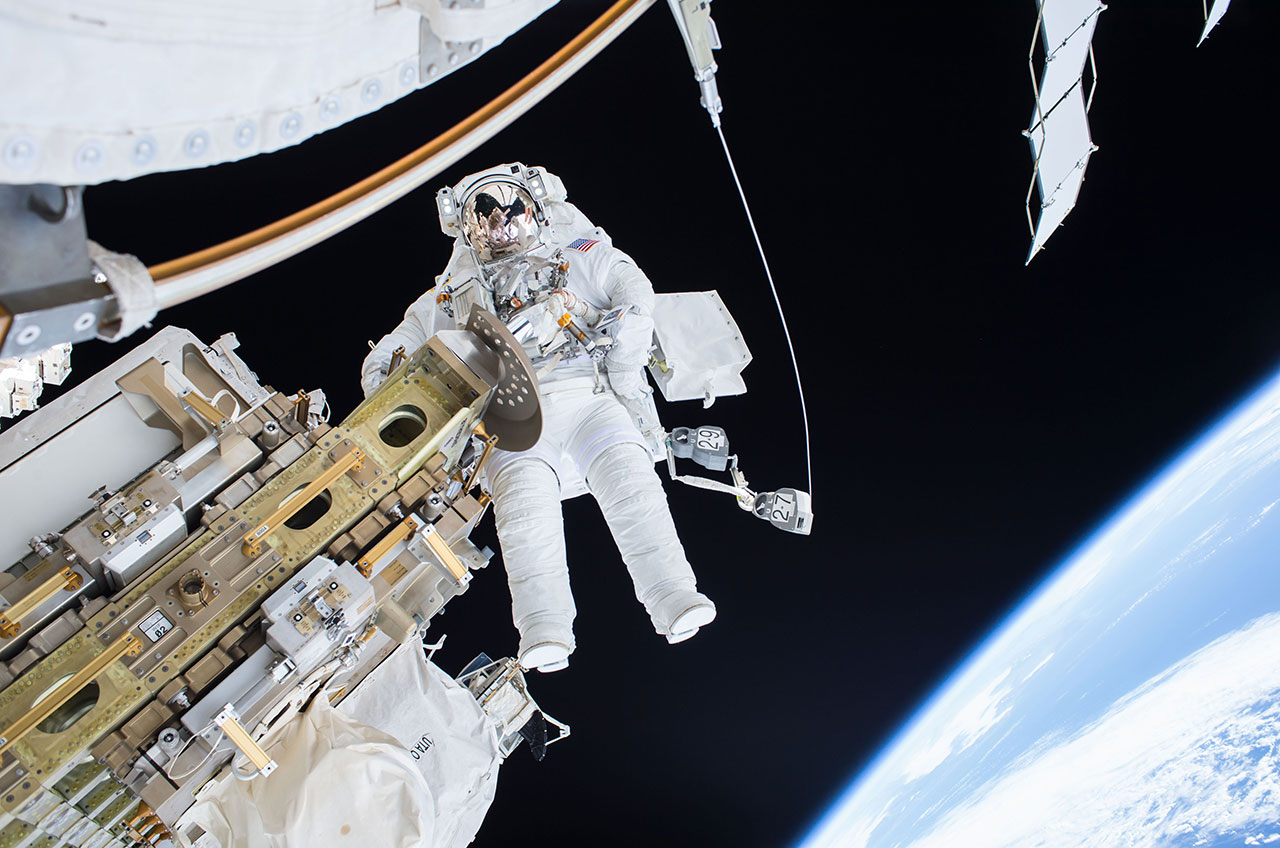
If you've always wanted to fly to the International Space Station or go on to the moon, NASA's next recruitment effort promises to bring future astronauts to both locations.
The agency began accepting applications for its next class of astronauts today (March 2), and U.S. citizens can apply here until March 31 at 11:59 p.m. EDT (0459 GMT April 1). The application process will take awhile, but NASA expects to make its final selections for astronaut candidates in mid-2021.
There's no word yet on how many people will be chosen, but competition will be fierce; the agency only picked 12 out of 18,300 applicants during the last selection, which wrapped up in 2017. One of the finalists resigned during training, leaving 11 people who graduated and became eligible for spaceflight early this year.
Related: What it's like to become a NASA astronaut: 10 surprising facts
The basics for qualification are rigorous, and accepted astronaut candidates usually exceed the mark. That said, NASA said applicants should hold a master's degree (or equivalent) in a science, technology, engineering or mathematics (STEM) field, which could include engineering, biological science, physical science, computer science or mathematics.
Some applicants may be accepted without the master's degree, if they hold one of these qualifications:
- Two years of work toward a STEM Ph.D. program.
- A completed doctor of medicine or doctor of osteopathic medicine degree.
- Completion (or expected completion by June 2021) of a nationally or internationally recognized test pilot school program. If test pilot school is your only advanced degree, NASA requires a bachelor's degree in a STEM field as well.
Outside of basic education, NASA demands experience — either two years of "related, progressively responsible" work in your field, or a minimum of 1,000 hours command-piloting a jet aircraft. Candidates also must pass a NASA long-duration spaceflight physical, as you may spend anywhere from six months to a year in space on the International Space Station (ISS) after being selected for a flight.
Get the Space.com Newsletter
Breaking space news, the latest updates on rocket launches, skywatching events and more!
NASA often asks new recruits about their experience working in isolated or dangerous environments, since it builds up useful skills for work on the ISS. For example: Christina Koch, who recently wrapped up nearly a year in space, did research for months at a time in Antarctica during her career before NASA.
New recruits typically spend about 2.5 years in basic training before being eligible for missions, and ISS missions often require 18 months or more of crew training before liftoff. This means new recruits likely won't fly until after 2024, when the first crewed moon landings of NASA's Artemis program are scheduled to take place, unless the schedule changes. That said, the agency plans to build a permanent presence on the moon in future flights — and, if the funding and will persist, to go on to Mars in the mid-2030s.
"Becoming an astronaut is no easy task, because being an astronaut is no easy task," Steve Koerner, NASA's director of flight operations and chair of the astronaut selection board at NASA's Johnson Space Center in Houston, said in a statement.
"Those who apply will likely be competing against thousands who have dreamed of, and worked toward, going to space for as long as they can remember. But somewhere among those applicants are our next astronauts, and we look forward to meeting you."
For more information on how to apply to be a NASA astronaut, visit the agency's application page here.
- How to become an astronaut
- Before they go to space, astronauts go to geology camp
- NASA graduates new class of astronauts to join Artemis-era missions
Follow Elizabeth Howell on Twitter @howellspace. Follow us on Twitter @Spacedotcom and on Facebook.
OFFER: Save at least 56% with our latest magazine deal!
All About Space magazine takes you on an awe-inspiring journey through our solar system and beyond, from the amazing technology and spacecraft that enables humanity to venture into orbit, to the complexities of space science.
Join our Space Forums to keep talking space on the latest missions, night sky and more! And if you have a news tip, correction or comment, let us know at: community@space.com.

Elizabeth Howell (she/her), Ph.D., was a staff writer in the spaceflight channel between 2022 and 2024 specializing in Canadian space news. She was contributing writer for Space.com for 10 years from 2012 to 2024. Elizabeth's reporting includes multiple exclusives with the White House, leading world coverage about a lost-and-found space tomato on the International Space Station, witnessing five human spaceflight launches on two continents, flying parabolic, working inside a spacesuit, and participating in a simulated Mars mission. Her latest book, "Why Am I Taller?" (ECW Press, 2022) is co-written with astronaut Dave Williams.
